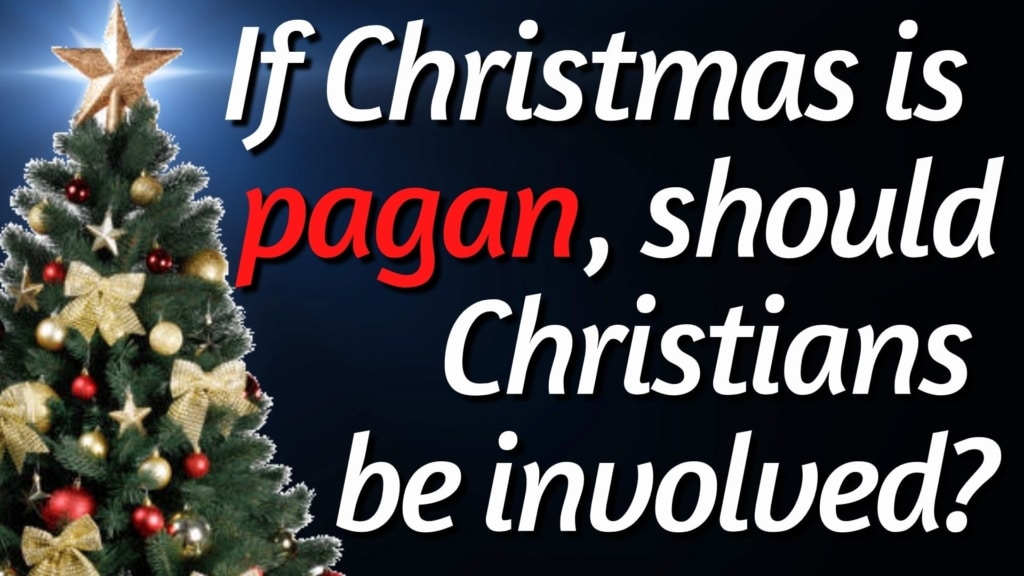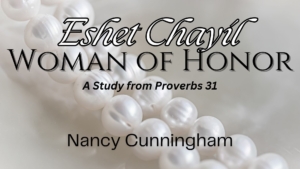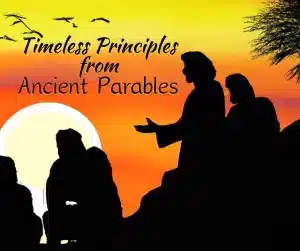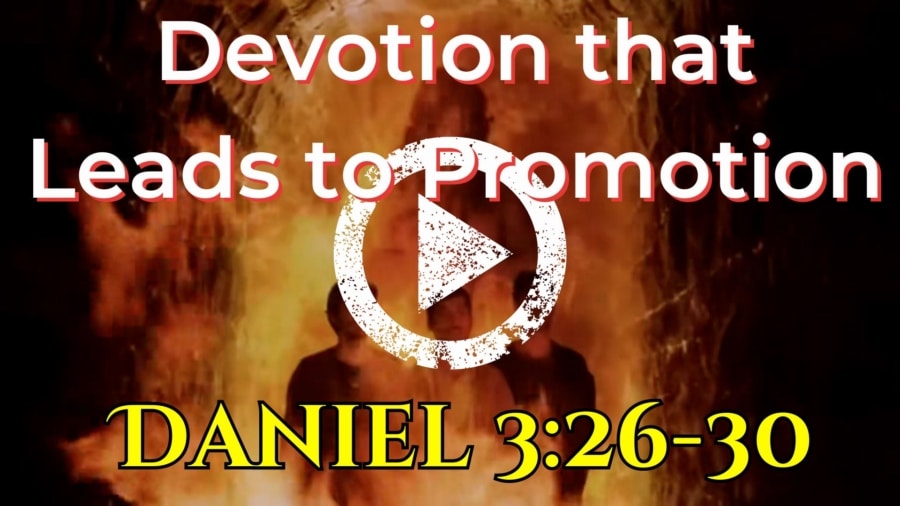
Should Christians get involved in supporting or celebrating Christmas? Have you ever heard that argument? Why in the world would Christians want to get involved in something that was really a “pagan holiday,” that we the Church co-opted? So for those critics, I have three points.
Number one: Do you give your kids birthday gifts? You celebrate your kids birthdays, why not celebrate the birth of the Savior? If we’re not going to do it now, when would you decide to do it? That would be a question.
Secondly, in 1st Corinthians 9:22, Paul says, “I became all things to all men, that by all means I may win some.” I can’t think of a time, and I doubt that you could think of a time in the year when there is more focus on the birth of Jesus Christ. Once a year, the world is confronted with the reality of His coming. And I think that’s great!
The third point is in Matthew 16:18,where Jesus said, “On this rock, I will build my church, and the gates of hell shall not prevail against it.” The idea is not that we are holding out against the world. The idea is that we are assaulting a world and they cannot overwhelm us. They cannot withstand the assault of the Church. The very fact that you and I are here, 2000 years after the coming of the Lord Jesus Christ, is evidence of that. The world has done everything it can to squash the message, destroy the Word, and intimidate believers. Yet, all around the world today there are those who are singing praise, spreading the Word and sharing the gospel of Jesus Christ. So, if we co-opt or take over Christmas, that’s what we’re supposed to do. We’re supposed to seize the gates of the enemy. This is why we’re here and why this season is so important.
Gene Cunningham - October 26, 2003
Psalm 20 - The Anticipated Messiah

Scripture References: John 15:6, Psalms 20:1-9, Psalms 20:2-3, Acts 4:12, John 19:30, Genesis 35:1-5, John 1:12, Psalms 22:19-21, Psalms 20:1, Hebrews 12:3, Psalms 20:6-9, Hebrews 2:12, Psalms 20:4, John 5:14-15, Psalms 22:22, Hebrews 10:17, Psalms 20:5, Luke 24:44, Leviticus 1:3-11









